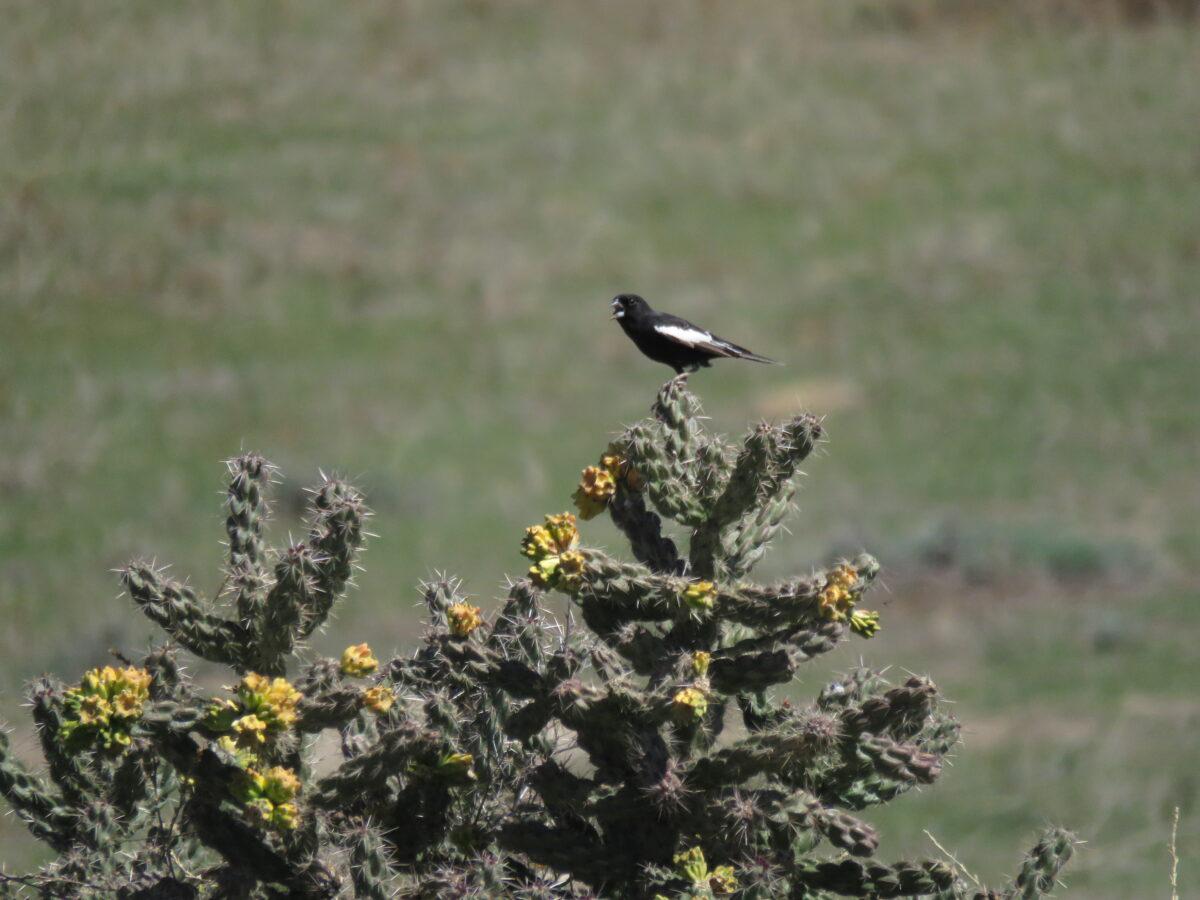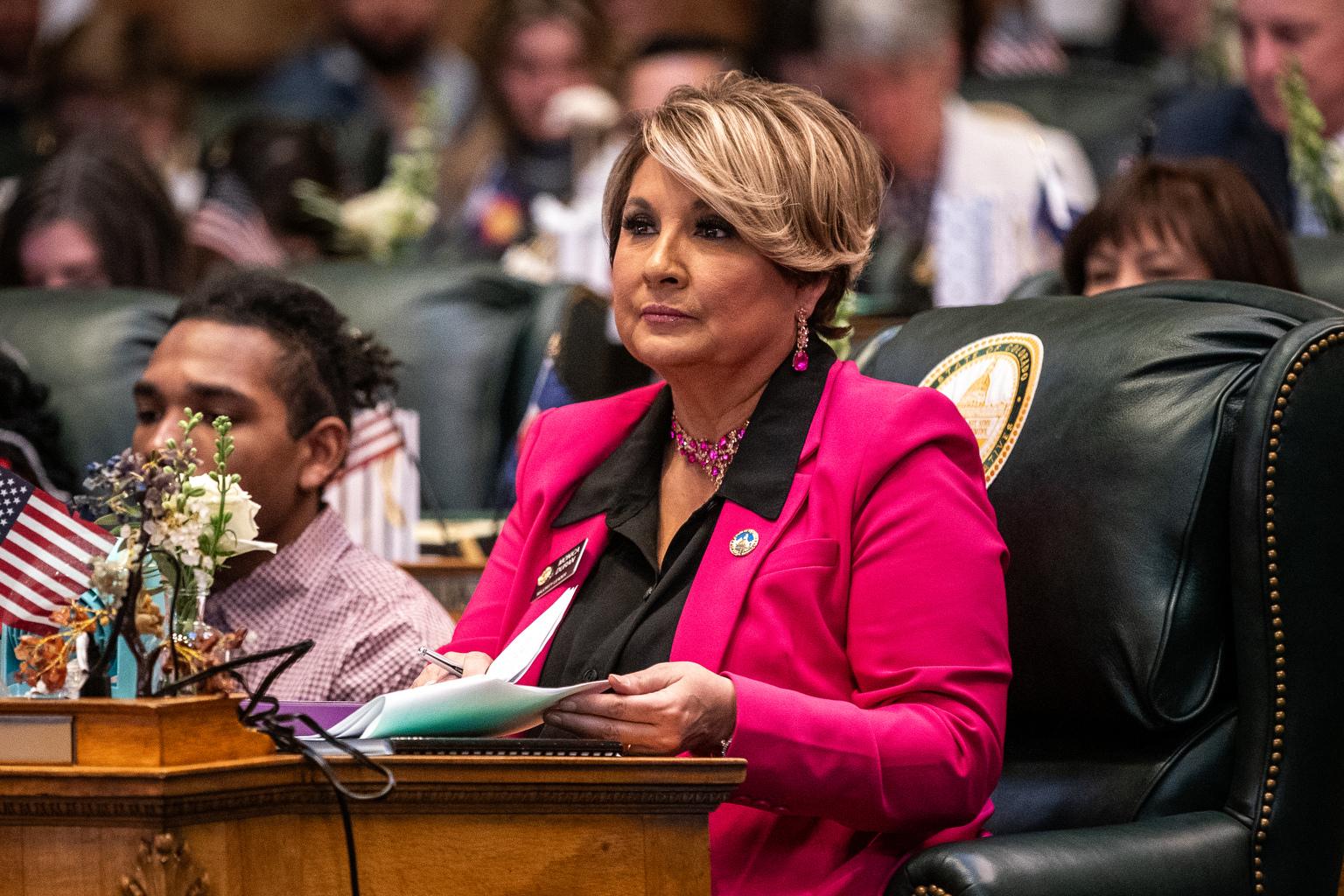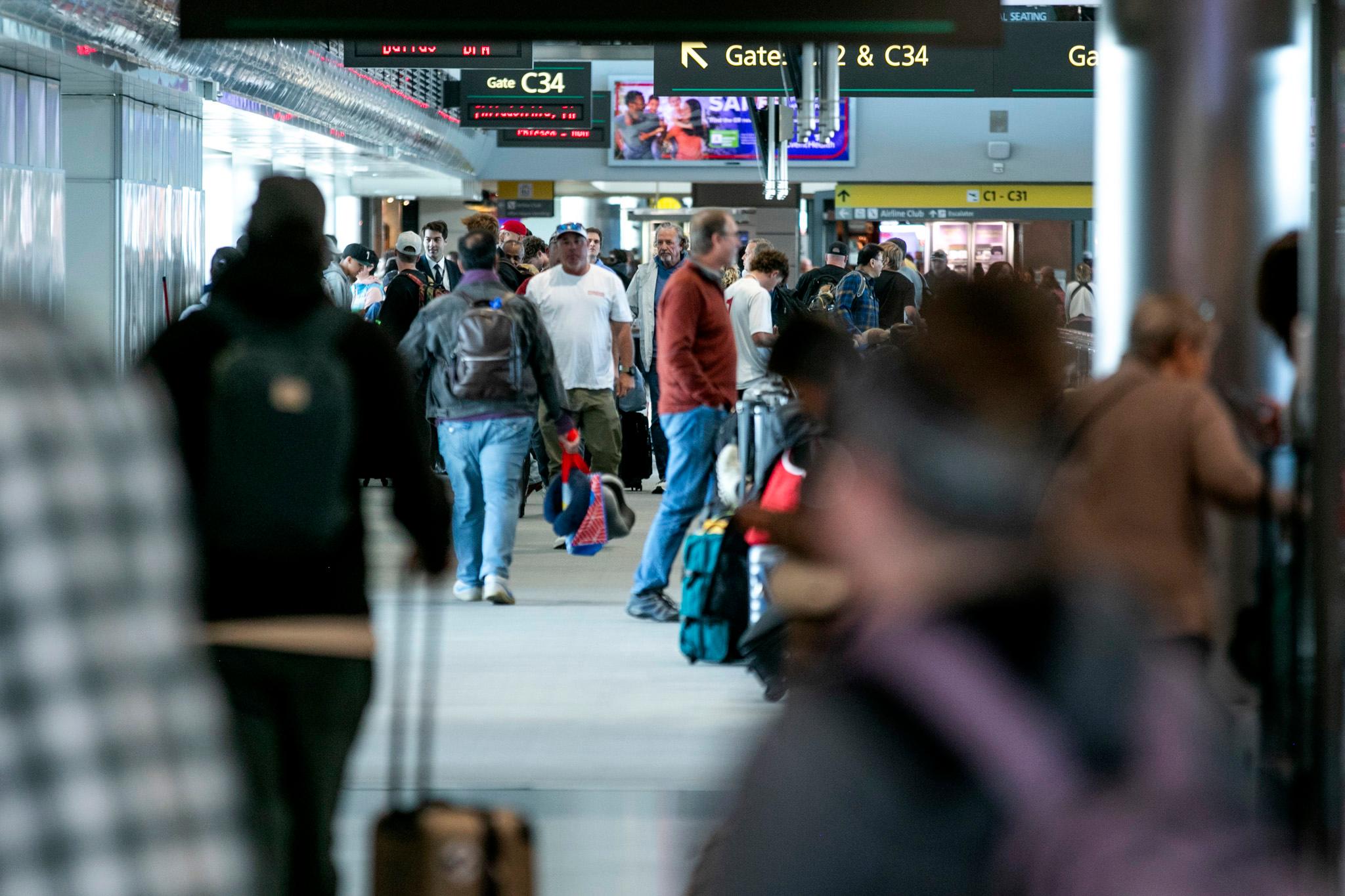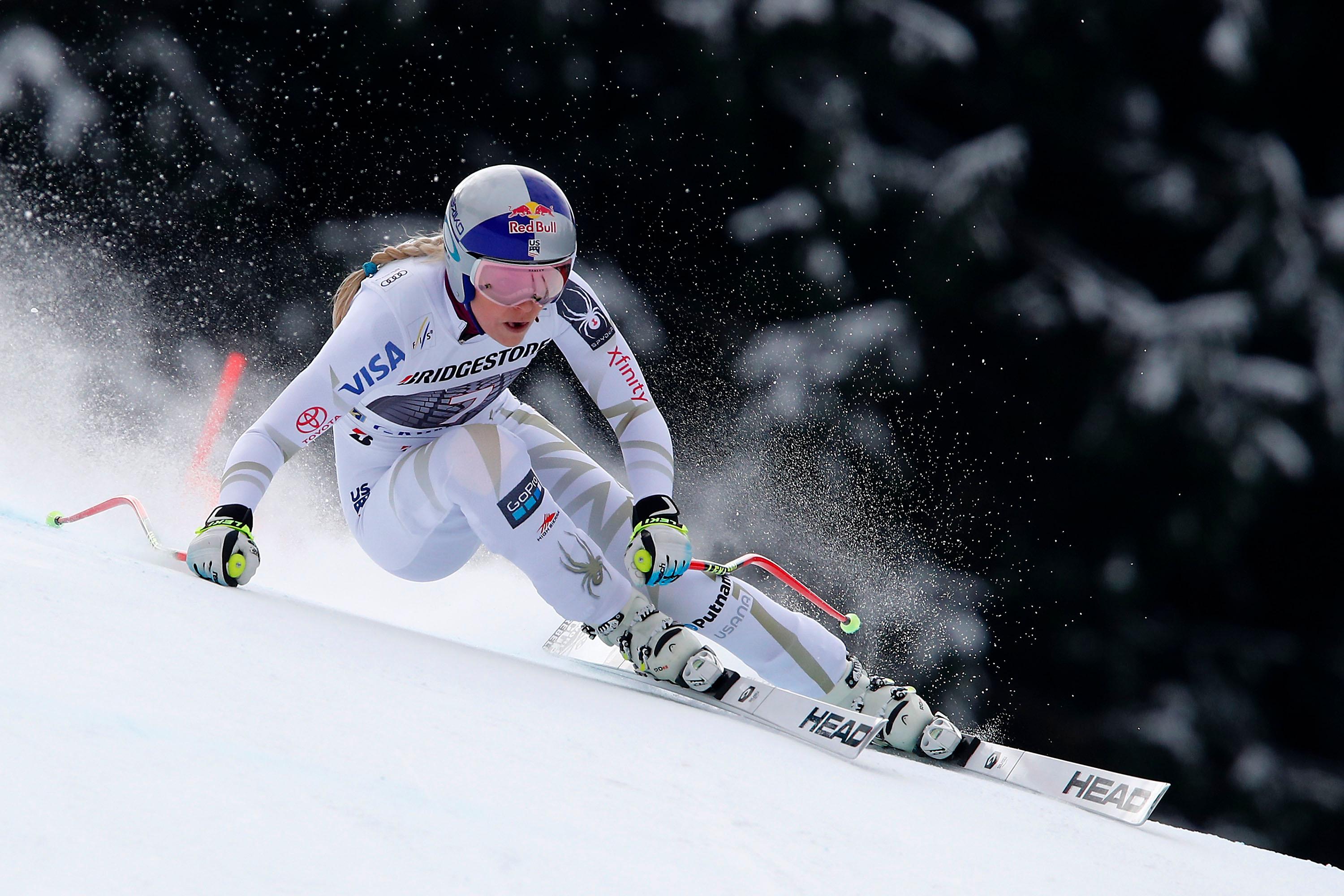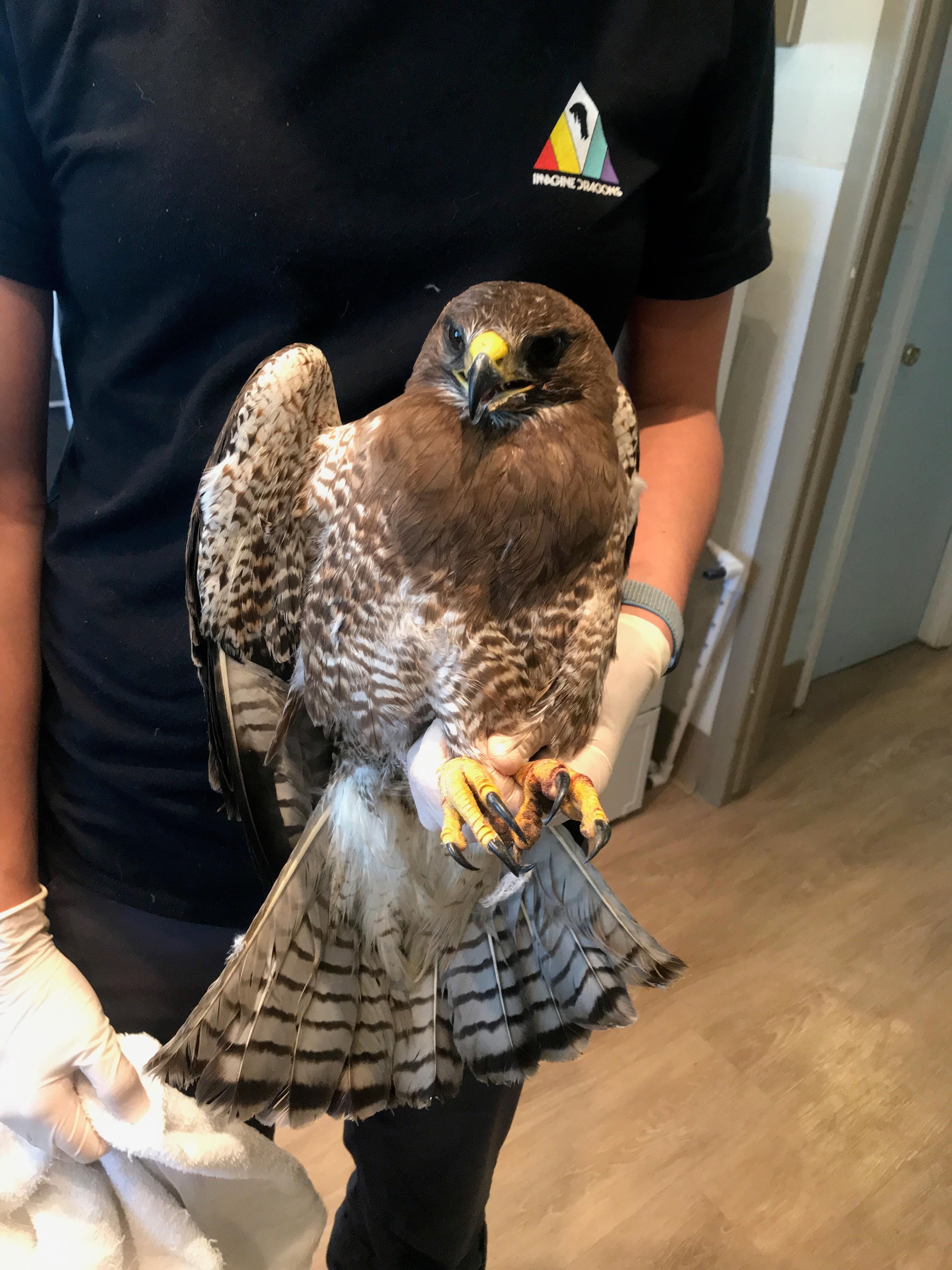
Birds like hawks and falcons in Colorado are showing up with injuries related to shots from pellet guns.
Colorado Parks and Wildlife said the agency is receiving reports from local wildlife rehabilitators of the pellet gun injuries in birds of prey. Enough that state officials are now warning the public it is illegal, and rehabilitators are tracking incidents more closely.
People often detect the injured birds because they stay on the ground, unable to fly, or carry their wings at odd angles. If the birds can’t fly, they can’t hunt or eat.
“It is illegal to shoot or kill birds of prey and other protected species,” CPW District Wildlife Officer Jordan Likes said.
Birds of prey, also known as raptors, can be eagles, hawks, falcons or owls. They are protected under state and federal laws. In Colorado it’s illegal to hunt or harm a bird of prey and some are protected federally as endangered species or under the Migratory Bird Act.
The Birds of Prey Foundation in Broomfield has admitted 11 birds in less than five months that were confirmed to have been shot, and that number does not include the many birds of prey admitted with injuries suspected to be a result of being shot.
“Pellets cause significant trauma for birds of prey and may even result in death,” said Desirae Kovacich, ICU Manager at Birds of Prey. “Common injuries these birds suffer include fractures, open wounds and lead toxicity. Fractures, either from the projectiles themselves or from falls that happen after being shot, take a minimum of two weeks to completely heal. This does not include the time these birds need to regain the strength and endurance necessary for release.”
Kovacich said pellet injuries require extensive care, including antibiotics for infections and monitoring for lead poisoning.
“A single pellet, or even a fragment, can elevate lead levels in raptors enough to result in death,” Kovacich said.
Because of the increased incidence of pellet shots, the foundation is changing its protocol to X-ray every injured bird that is admitted. The foundation admits between 700 and 800 birds every year for a variety of injuries.
Colorado Parks and Wildlife said people convicted of shooting birds of prey face fines and possible jail time

